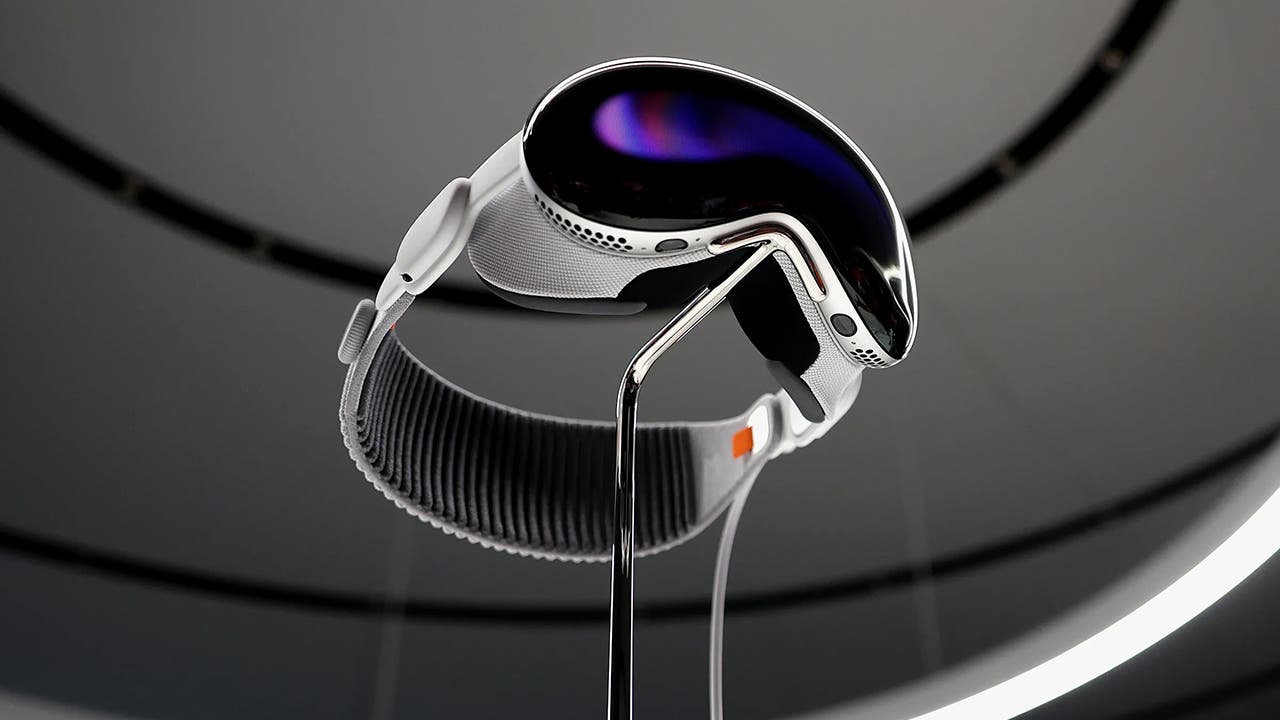
Apple has reportedly been developing non-invasive blood glucose testing for a long time. An app that helps patients with prediabetes better manage their condition was examined by the corporation, according to a Bloomberg article.
According to those with knowledge of the situation, Apple tried an app this year to help patients with prediabetes control their food intake and make lifestyle adjustments in an effort to gain more traction in the healthcare industry.
Bloomberg, cited unnamed Apple sources, the app needed Apple staff members to confirm their prediabetes through a blood test. After that, staff members used “a variety of devices available on the market” to track their blood sugar levels and recorded any changes in relation to the foods they were consuming.
According to insiders who requested not to be named because the work is confidential, the business tested the service on a small number of workers earlier this year as part of its larger push into blood-sugar features. Apple may use the technology into future health products, such as a non-invasive glucose tracker that it has been developing for over ten years, even if the firm has no plans to sell the app just yet.
Blood sugar levels over normal are a sign of prediabetes, a metabolic disorder that raises the risk of Type 2 diabetes. Diabetes cannot be cured, but prediabetes can be reversed with diet and activity changes. The purpose of such an app would be to demonstrate to users how various decisions might affect blood sugar levels. For instance, eating a meal high in carbohydrates may cause a surge in blood sugar, while eating the same meal with protein might lessen the effect.
The test participants had to undergo a blood test to confirm that they were prediabetic. This indicates that although they do not presently have diabetes, they may be susceptible to Type 2 diabetes. They actively tracked their blood sugar levels using a variety of commercially accessible gadgets as part of the test, and they then recorded how their glucose levels changed in reaction to the foods they consumed.
The system’s goal is to educate customers on the impact of certain foods on blood sugar levels in the hopes of promoting lifestyle modifications that may prevent diabetes. For example, users may be advised to quit eating pasta or switch to protein if they log that they had pasta for lunch and that their blood sugar increased. Secondly, the app’s goal was to find out what tools Apple could create using blood sugar data. Thirdly, the goal of the study was to investigate new applications for blood-sugar data as well as potential consumer solutions the firm may develop. To allow Apple to concentrate on other health features, the app test has been put on hold for the time being. A representative for the corporation chose not to comment. But according to Bloomberg, Apple has subsequently put the app on hold in order to concentrate on other health-related features. Nevertheless, it’s feasible that Apple may incorporate its research into next health technology products.
Metabolic health tracking is a growing wearable trend on a broader scale. Over-the-counter CGMs targeting prediabetics, non-diabetics, and Type 2 diabetics without insulin were introduced earlier this year by Dexcom and Abbott. Additionally, there are startups that employ continuous glucose monitors (CGMs), such as Nutrisense and Levels, to assist consumers understand how particular meals affect their blood sugar levels, lose weight, or fuel for endurance sports.
It is not unexpected to learn that Apple is interested in investigating this field in light of everything said above. First of all, it has increased third-party CGM integrations while mainly avoiding native food recording. According to reports, Apple has been working on a non-invasive blood glucose monitoring system for over 15 years, but the project is still probably years away from being finished.
After the data was released on Friday, manufacturers of gadgets that treat diabetes-related diseases saw a decline, but they quickly recovered. Insulet Corp., a manufacturer of insulin pumps, had a 4.7% decline. Tandem Diabetes Care Inc. fell as much as 3.4%, while Dexcom Inc., a manufacturer of glucose monitors, fell as much as 5.3% before recovering. Apple, on the other hand, increased by almost 1% to $232.45.
According to the study, meal journaling and diabetes monitoring may be two significant potential growth areas for Apple. Unlike competing services, the company’s current health app does not have meal-logging functionality. Additionally, the study may result in Apple further incorporating third-party glucose monitoring into its products.
Discover more from TechBooky
Subscribe to get the latest posts sent to your email.







